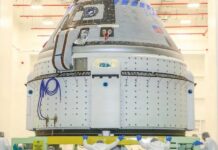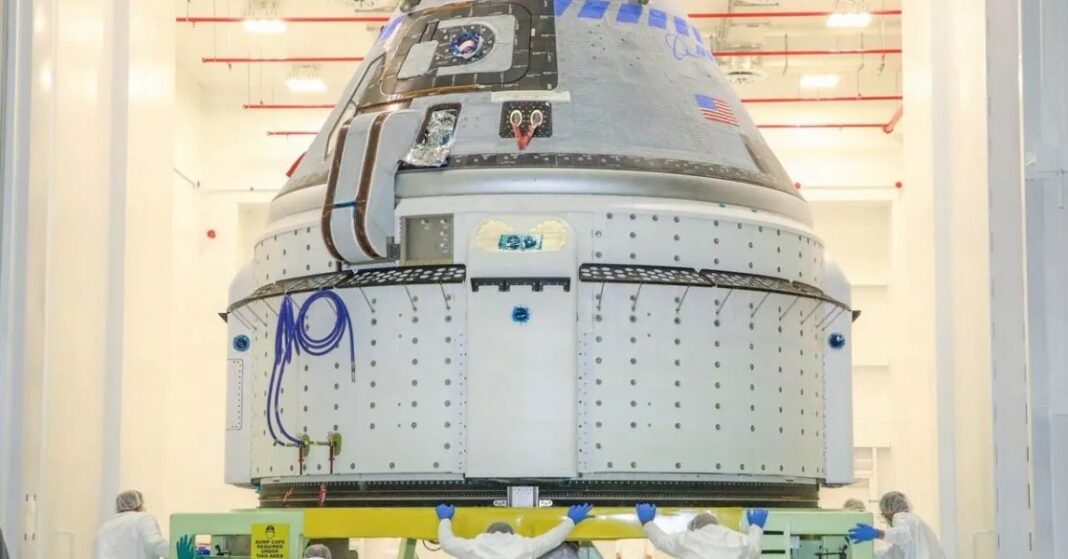NASA has confirmed that Boeing’s next Starliner mission, scheduled for no earlier than April 2026, will carry only cargo to the International Space Station (ISS). This decision follows years of technical difficulties and safety concerns that have plagued the development of Boeing’s crewed spacecraft, leaving SpaceX as the dominant provider of human transport to the ISS.
The shift in plans comes after a series of failures during Starliner’s uncrewed and crewed test flights. The first uncrewed mission in 2019 was cut short due to software issues, nearly resulting in a catastrophic loss of the vehicle. A subsequent 2022 uncrewed flight was more successful but still encountered thruster problems. Most recently, a crewed test flight in 2024 revealed critical thruster malfunctions during its approach to the space station, forcing NASA to return the spacecraft to Earth without its astronauts.
The core issue is reliability. SpaceX’s Crew Dragon has proven itself as a dependable transport system, while Boeing has struggled to meet certification standards. The delay underscores the challenges of private-sector space development and the critical importance of redundancy in crewed missions. NASA’s decision to prioritize cargo flights reflects a calculated move to address immediate ISS needs while Boeing works to resolve the propulsion system issues.
NASA has modified the original 2014 Commercial Crew contract with Boeing, reducing the number of planned crewed flights from six to a maximum of three before the ISS is retired. This adjustment allows both agencies to focus on safely certifying the Starliner system and aligning future missions with the station’s operational needs through 2030.
The long-term implications of this decision remain to be seen. While Boeing insists it will address the propulsion issues, the sustained reliance on SpaceX for crew transport raises questions about Boeing’s future role in human spaceflight. The delay also highlights the risks inherent in relying on untested technology for critical missions, and the need for rigorous testing and safety measures before putting lives at stake.
NASA’s commitment to cargo-only missions with Starliner signifies a pragmatic approach to space operations—prioritizing safety and reliability over aggressive timelines. This shift in strategy ensures that the ISS remains operational while Boeing works to regain credibility in the competitive landscape of commercial space travel.




























